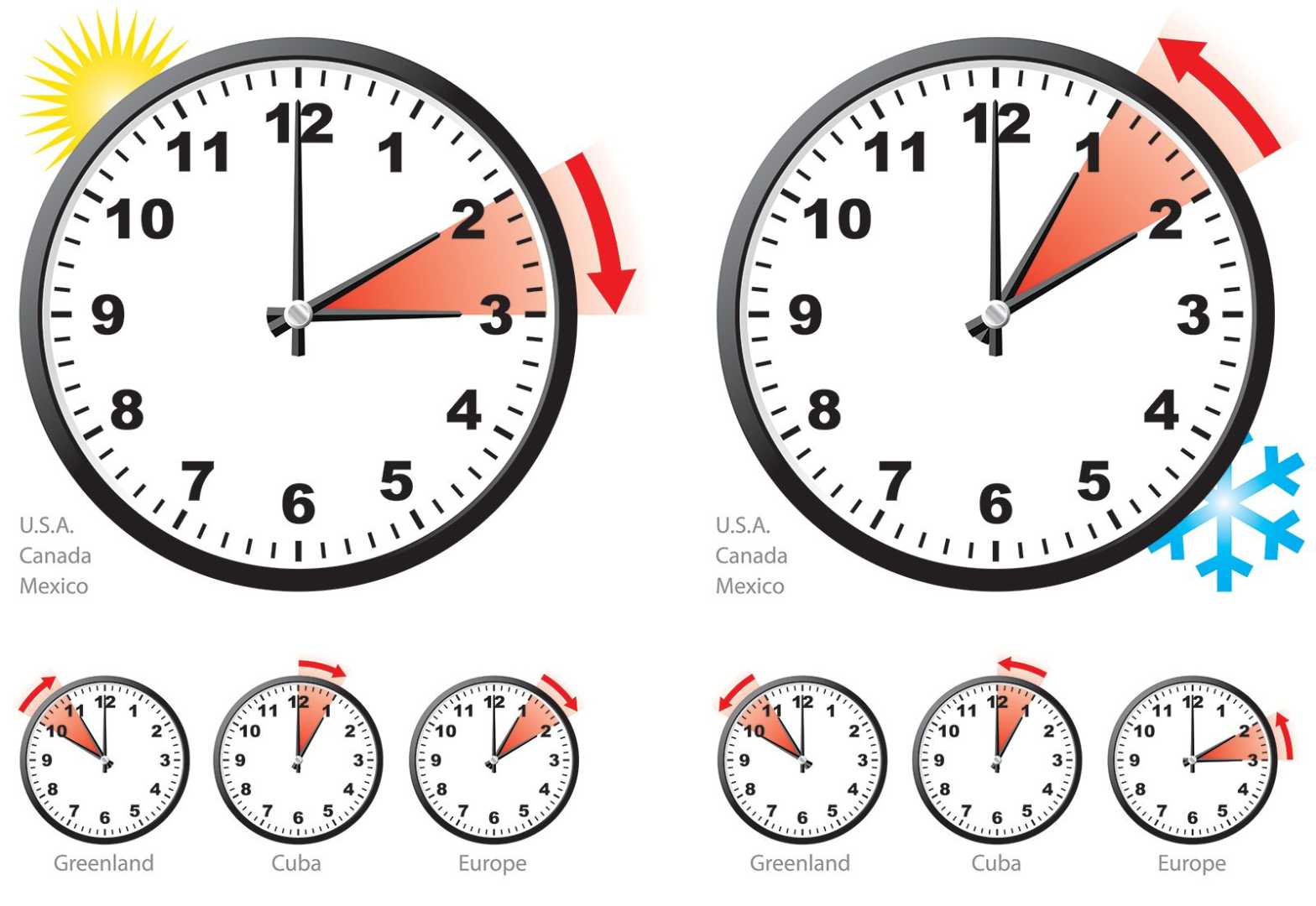Health
Daylight Saving Time Ends: Health Impacts and Tips for Adjustment

As Daylight Saving Time (DST) comes to an end on November 3, 2024, many are preparing for the annual time change that can have significant impacts on health and daily routines. In the UK, sleep experts are calling for the abolition of the twice-yearly clock changes, citing negative effects on sleep patterns and overall health.
The British Sleep Society has issued a statement recommending that Greenwich Mean Time (GMT) be adopted permanently, arguing that it aligns more closely with natural light-dark cycles and is beneficial for maintaining optimal circadian rhythms. This alignment is crucial for better sleep and overall health, as natural daylight in the morning helps keep body clocks in sync.
In the United States, a significant portion of the population experiences what is termed the “Daylight Saving Scaries,” with 40% of Americans feeling a sense of dread in anticipation of the time change. This dread can last for several weeks, both before and after the clocks change. The survey also revealed that 59% of Americans would prefer to stop the biannual time changes if possible, with older Americans being even more eager to end this practice.
To adjust to the time change, health experts suggest several strategies. Gradually shifting sleep and wake times before the clocks change can help mitigate the disruption. Exposing oneself to natural light during the day and reducing bright light exposure at night can also aid in adjusting to the new schedule. Maintaining a consistent sleep schedule, avoiding caffeinated beverages and alcohol, and creating a calming bedtime ritual are additional tips for a smoother transition.
The end of DST also presents an opportunity to embrace the changing seasons. By anticipating the transition and making space for the adjustment, individuals can find ways to make the shorter days feel special, such as enjoying sunset rituals, cozy nights in, or early dusk walks. This proactive approach can help set a positive tone for the upcoming winter months.












